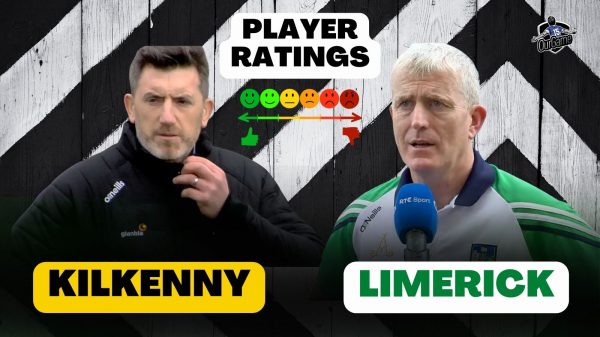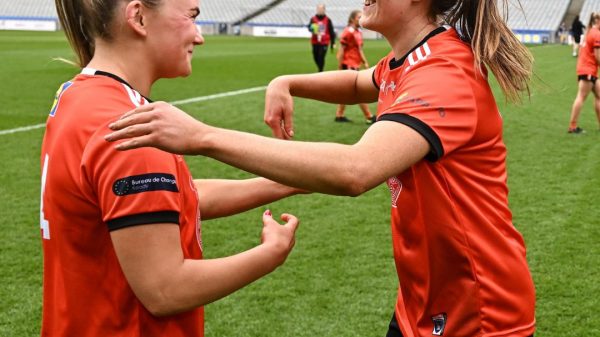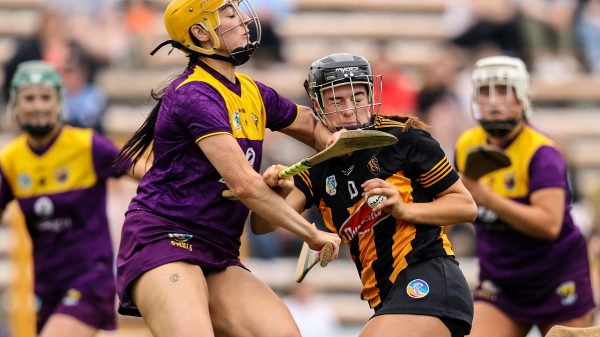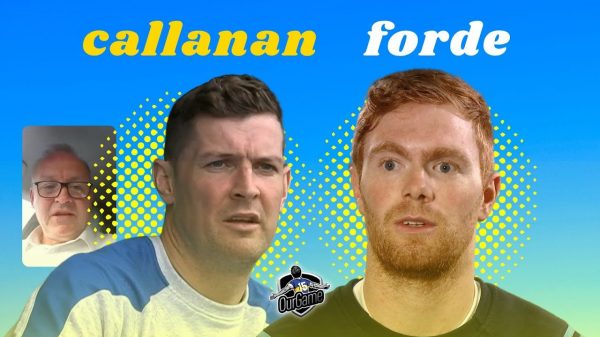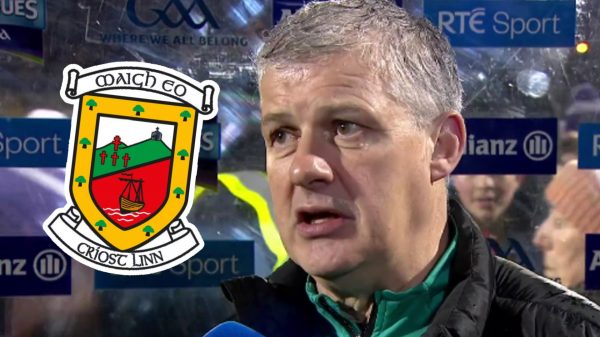In part two of our exclusive interview with John Meyler, he talks about the difficulty in returning home to manage his native county, the challenge with Carlow, coming close with Cork, his experiences of the Rebel strikes, and why that allowed Kilkenny to rack up so many medals.
John Meyler recalls wondering why he had to go.
Matters had soured in Cork as the players demanded improved conditions, and 2002 ended with the departure of Bertie Og Murphy and his backroom team.
Meyler was on that ticket, and remembers asking “what had I done wrong?”, adding that he would never contemplate strike action.
The Wexford native — who had previously managed Kerry — would go on to lead Carlow, his home county, and eventually take the reins with Cork as the years went by.
In part two of our in-depth interview (here’s part one), he explains the depth of feeling in Cork during that first strike in 2002, and the impasse during Gerald McCarthy’s reign towards the latter end of the decade — when the manager eventually stepped down.
“I would never go on strike,” says Meyler. “I wouldn’t and I won’t. I’ll argue with you, and then when Gerald was there… Gerald had won several All-Irelands, he had captained Cork, he was a legend and that man deserved respected.
“He had to be respected, an icon of Cork hurling, and he should have been treated better.”
Meyler explains that his Wexford side could compete with most sides in the country — as summed up in beating Tipperary in the 2007 All-Ireland quarter-final — but Kilkenny were streets ahead.
It is his contention that the Rebels would have been able to add more medals to their collection had they been more focused on hurling.
“I went to Wexford in 2007 and 2008 and a juggernaut hit me. We had competed with everyone bar Kilkenny — Cork won in ’04 and ’05 and suddenly they (Kilkenny) drove on.
“Kilkenny had a chance to stack up All-Irelands because one of the counties that could potentially have beaten them wasn’t focused on what it was about.
“Ultimately that allowed Kilkenny to develop when if Cork had been strengthening, which they should have been, Cork would have won All-Irelands. I have no doubt about that.”
“It’s extremely tough, extremely hard,” he adds of the first strike. “I was a selector in 2002 and aw Jesus, there was rumblings and discontent going on.
“I can’t remember the exact times and dates but there was rumblings, then we got to the league final against Kilkenny in Thurles, and there were the socks and not the socks, the GPA, and meetings.
“I’m not that type of person — if you come out with issues you air your grievances. It wasn’t handled well on both sides.
“How we lost (to Galway) in 2002 wasn’t great but it fell apart and Bertie Og resigned. I didn’t want to go because I felt ‘what had I done wrong?’. I had to go and I didn’t like it.
“It would still cause me upset and grievance certainly, and then it went on in later years in 2008 and 2009.”
Carlow were never going to be challenging for All-Irelands, but Meyler speaks in detail about the quality of hurlers there and why they find it hard to put good seasons together.
He also explains the difference between managing his native Wexford and his adopted Cork — the latter of which he came close to leading to an All-Ireland final in 2018.
“The expectation levels are different, that’s the first thing,” he explains.
“You go back to Wexford and some people will say ‘what is this Cork fella thinking come back telling us what to do?’. You have a lot talking around corners.
“Whereas in Cork you’re expected to win an All-Ireland; it doesn’t matter, you must win. You live by the sword, you die by the sword, and that’s it in a nutshell.
“We had that opportunity against Limerick a couple of years ago, six points up with eight minutes to go and we didn’t take it.
“You look back on those instances and times and say ‘what could I have done better?’.
“I think Limerick just had something in 2018 and they were lucky, they got that score against Kilkenny and they were sticking in there.
“But there’s more scrutiny on Cork, more PR, more exposure and all of that. There’s nine counties who can now win the All-Ireland and it’s a level playing field.”
Click play on the video at the top of the page for more from Meyler.



